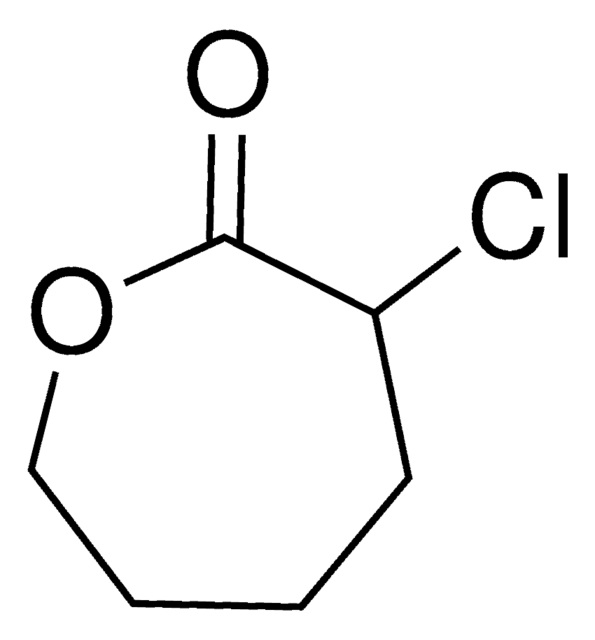SMB00971
4-Ethylphenol sodium sulfate
Synonym(s):
4-Ethylphenyl sulfate sodium salt
Sign Into View Organizational & Contract Pricing
All Photos(1)
About This Item
Empirical Formula (Hill Notation):
C8H9NaO4S
Molecular Weight:
224.21
NACRES:
NA.77
Recommended Products
General description
4-Ethylphenol sodium sulfate is the sodium salt of 4-Ethylphenyl sulfate (4EPS). 4-Ethylphenyl sulfate is a gut microbial metabolite derived from tyrosine, which is converted into 4-ethylphenol and subsequently sulfated in the liver. Upregulated urine 4EPS levels are found among rats prone to insulin resistance and obesity. Increased plasma 4EPS was reported in a murine model of autism, and mice treated with 4EPS displayed anxiety-like behaviours. Higher levels of 4-ethylphenylsulfate were also found in plasma, liver, heart and kidneys in a rat model of chronic kidney disease. 4EPS is a component of the urine of male rats, and both 4-ethylphenyl sulfate and 4-ethylphenol are thought to participate in pheromonal communication. p-Cresol-sulfate and 4-ethylphenyl sulfate are thought to derive from tyrosine and have similar bioactivities, however their enzymatic production may differ.
Application
Metabolomics research
Microbiome research
Microbiome research
Other Notes
For additional information on our range of Biochemicals, please complete this form.
Storage Class Code
11 - Combustible Solids
WGK
WGK 3
Flash Point(F)
Not applicable
Flash Point(C)
Not applicable
Choose from one of the most recent versions:
Certificates of Analysis (COA)
Lot/Batch Number
Don't see the Right Version?
If you require a particular version, you can look up a specific certificate by the Lot or Batch number.
Already Own This Product?
Find documentation for the products that you have recently purchased in the Document Library.
Alexandra Lafaye et al.
Journal of mass spectrometry : JMS, 39(6), 655-664 (2004-07-06)
This paper reports a liquid chromatographic/electrospray ionization mass spectrometric (LC/ESI-MS) method for profiling a wide range of structurally different sulfoconjugated compounds in urine and its application to the characterization of biomarkers for heavy metal toxicity in rat urine. Sulfoconjugates were
Thomas J Velenosi et al.
Scientific reports, 6, 22526-22526 (2016-03-05)
Chronic kidney disease (CKD) results in the accumulation of metabolic waste products that are normally cleared by the kidney, known as uremia. Many of these waste products are from bacteria metabolites in the gut. Accumulation of uremic toxins in plasma
Elaine Y Hsiao et al.
Cell, 155(7), 1451-1463 (2013-12-10)
Neurodevelopmental disorders, including autism spectrum disorder (ASD), are defined by core behavioral impairments; however, subsets of individuals display a spectrum of gastrointestinal (GI) abnormalities. We demonstrate GI barrier defects and microbiota alterations in the maternal immune activation (MIA) mouse model
Houkai Li et al.
Journal of proteome research, 6(4), 1364-1370 (2007-02-22)
In conventional pharmacological studies, intersubject differences within an animal strain are normally neglected, leading to variations in pharmacological outcomes in response to the same stimulus. Using two classical experimental models, the Streptozotocin (STZ)-induced diabetic model of Wistar rats and the
Lauren J Rajakovich et al.
Natural product reports, 36(4), 593-625 (2018-11-20)
Covering: up to the end of 2017 The human body is composed of an equal number of human and microbial cells. While the microbial community inhabiting the human gastrointestinal tract plays an essential role in host health, these organisms have
Our team of scientists has experience in all areas of research including Life Science, Material Science, Chemical Synthesis, Chromatography, Analytical and many others.
Contact Technical Service








